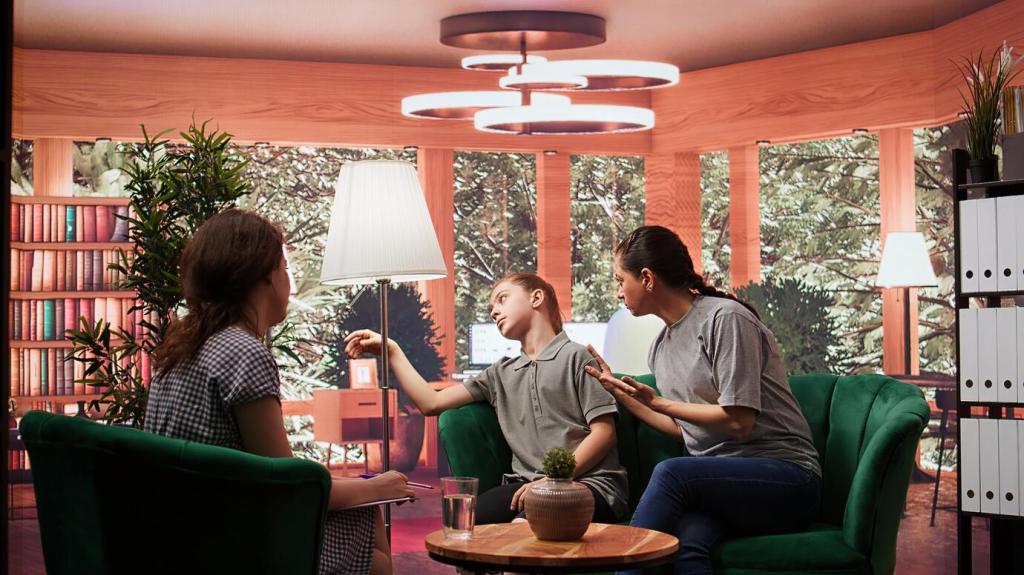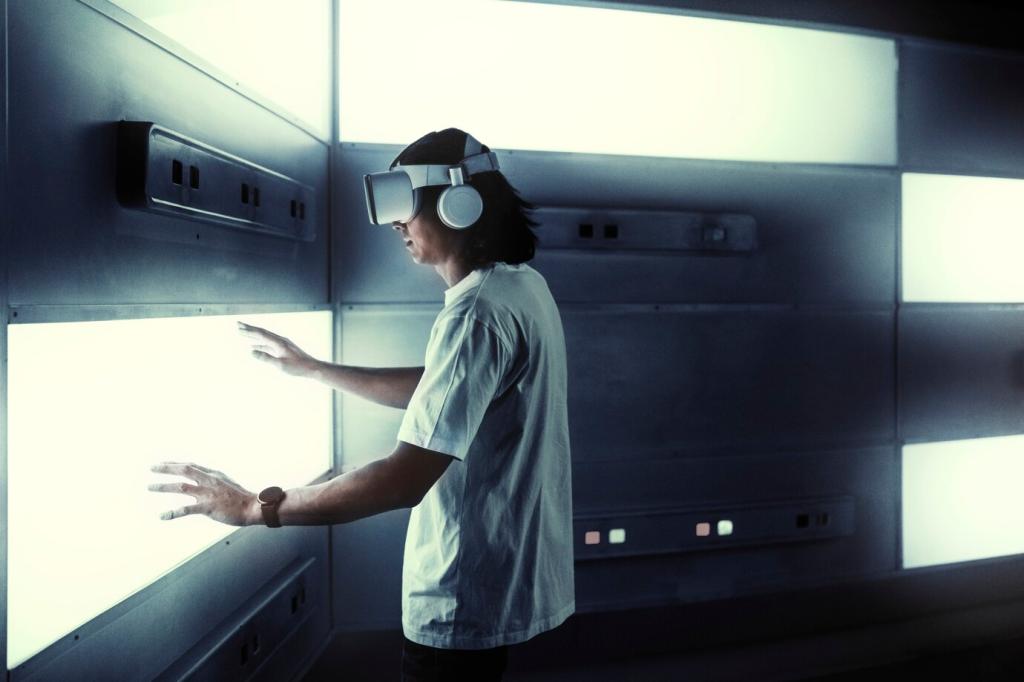The realm of smart home technology is experiencing rapid advancements, reshaping the way we live, interact, and manage our daily tasks. From seamless automation to enhanced sustainability, these innovations are not only making homes more convenient but also safer and more energy-efficient. As connectivity and artificial intelligence continue to evolve, the future of smart homes promises an integrated lifestyle where technology anticipates human needs and suggests personalized solutions, fostering an environment of comfort, efficiency, and security.
A New Era of Smart Home Automation
Advanced Artificial Intelligence in Home Management
Artificial intelligence is poised to become the foundation of future smart homes. No longer limited to executing basic voice commands, next-generation AI will learn from daily routines, preferences, and even emotional states. These systems will predict when to adjust the lighting based on the time of day or mood, optimize energy usage according to occupancy habits, and proactively suggest activities or solutions for potential issues. The intelligence within these systems will create an environment that feels both responsive and intuitive, drastically reducing the need for manual intervention.
Seamless Device Interoperability
A major trend shaping the future is the deep interoperability between devices from various manufacturers. Upcoming protocols and standards will facilitate effortless communication among smart appliances, eliminating compatibility headaches. Homeowners will be able to connect security systems, kitchen devices, and entertainment centers without worrying about whether they originate from the same brand. Such a seamless network increases reliability, simplifies setup, and opens doors for creative automation possibilities that were previously constrained by proprietary systems.
Voice and Gesture Control Innovations
Interaction with smart homes will transcend simple voice commands to include sophisticated gesture control and contextual awareness. Residents will be able to operate appliances, adjust lighting, or change entertainment settings with subtle hand movements or even through gaze detection. This multi-modal approach ensures accessibility for all, including those with disabilities, while making the home environment more interactive and engaging. As natural language understanding continues to improve, communicating with your home will feel more like having a conversation with a personal assistant rather than issuing rigid, pre-programmed commands.
Enhanced Security and Privacy Measures

Future smart homes are adopting advanced biometric solutions that go far beyond simple fingerprint recognition. Facial recognition, voice identification, and even behavioral biometrics will ensure only authorized users gain entry or access to sensitive features. These technologies can also be personalized—restricting access to certain areas or appliances for different members, enhancing both safety and convenience. As biometric tools become more accurate and less intrusive, security mechanisms will become nearly seamless, woven invisibly into the fabric of daily routines.
Sustainable and Energy-Efficient Living
Intelligent Climate and Energy Management
Future smart homes will be equipped with systems that dynamically monitor and optimize energy usage for heating, cooling, lighting, and appliances. Utilizing real-time weather data, occupancy sensors, and predictive algorithms, these systems will minimize waste and ensure comfort. Homeowners will receive customized recommendations for reducing energy costs, and automation will handle adjustments autonomously. Ultimately, such intelligent management will contribute to lower utility bills and a greener lifestyle, responding seamlessly to changes in consumer needs and environmental conditions.
Integration of Renewable Energy Sources
Smart homes are increasingly designed to harness solar panels, battery storage, and even small-scale wind turbines, offering autonomy from traditional energy grids. Advanced home energy management software will direct energy from renewables to where it’s most needed, storing excess power or trading it with local communities. This not only maximizes energy efficiency but also helps democratize power generation and consumption. As climate action becomes more urgent, the fusion of renewables and smart controls will set the standard for responsible homeownership.
Water Conservation Technologies
Water scarcity and conservation are gaining focus within future smart homes. Sophisticated monitoring systems will track water consumption throughout the property, detecting leaks, minimizing waste, and suggesting optimal irrigation schedules for gardens. Appliances will be built to recycle and reuse water where possible, significantly reducing overall usage. As global populations grow and resources tighten, these integrated systems will ensure homeowners can maintain comfortable lifestyles without compromising the planet’s precious water supply.

Join our mailing list
